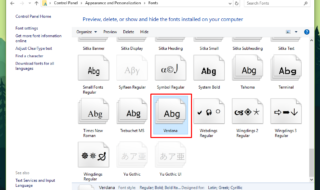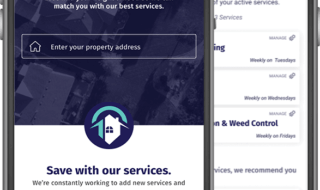When launching your new website online, you more likely focus your attention on optimizing your content for a wide viewership and ranking on search engines. Popular SEO solutions like Serpbook provide website owners with a promise to achieve desired SEO results through keeping track of search rankings.
Whether or not your website has been up a long time, SEO can demand a particular budget, depending on the unique needs of your site. What if there was a more natural way to practice SEO? Fortunately, various Do-It-Yourself (DIY) techniques could save you a couple of bucks.
Contents
Be a master in keyword research
Keyword research might seem like the most straightforward SEO practice, but without a doubt, is a highly effective technique for the performance of websites on search engines. The good thing with keyword research is that technology has provided for free keyword research tools that can get you the most popular key phrases and searched terms.
Ideally, you can rely on tools like Google Keyword Planner, which is a free tool for insights to top Google searches for your particular industry. Be keen to work consistently for a niched online focus, which makes your keyword research process much more manageable.
Regular high-quality content
Although SEO is meant to increase your brand’s visibility to ensure your target audience can easily find your content, retaining your audience takes so much more. Excellent content sets you up for an excellent reputation in your industry and among your target audience who know they can rely on your site for credible reputation.
Generating great content in diverse forms is a DIY principle that will not require you to chip into your pockets. Identify the prime topic areas from which to produce juicy content that can stand the test of time.
Social media platforms have grown a lot in that they are the ultimate search engines for most social media users. The best part about joining different social media platforms is that they are free, and activities after that are relatively inexpensive, say, promotional ads on Facebook.
Be selective for the social media channels you pick out as per the requirements of your website. The audience on social media guarantees you a broader audience reach for your messages and campaign, but more importantly, social media can easily spark a conversation around your brand and products, making you the centre of attention. Make the most of on the hashtags used, and further, create your hashtags.
Concentrate on public relations
SEO practices are useful on their own, but public relations gels everything together. The kind of relationships you maintain with your audience, competitors and domineering brands in your industry is your ticket to the first page of Google. Concentrating on public relations will call for intense audience engagement, for instance, audience-generated content. For the top brands, whether or not they are your competitors, public relations will be the easiest way to earn quality links. While on this angle of public relations, also consider pitching your content to journalists, bloggers and social media influencers, all of whom are strong persons that could attract massive attention on your site.
Engage your audience
A happy audience equates to a higher ranking on SERP. Your audience wants to know that you value them as human beings, not just as recipients for your content. Concentrating on optimising your website for search engines might negatively affect how your audience feel about your brand.
Arrange for giveaways and competitions while on social media to draw them to your website. Focus on responding to their feedback especially on matters regarding expounding of your brand for better comprehension.
Improve on-page optimization
The responsiveness of your site to your target audience is as important as the engagement technique. The user experiences your website offers the audience will determine how long they stay on your website and whether or not they are willing to visit more of your site’s pages or revisit your website.
To give your audience the best experience, engage in on-page optimisation, that is, check your website for broken links, mobile friendliness, fast navigation among others. You can bank on free SEO tools like Google Analytics that analyse your website then generates actionable reports from which to improve the optimisation of your site.
Clearly, in SEO, it is the little things that count. These DIY SEO tips are evidence that SEO does not have to cost you money or call for hiring optimisation experts and digital marketers.



